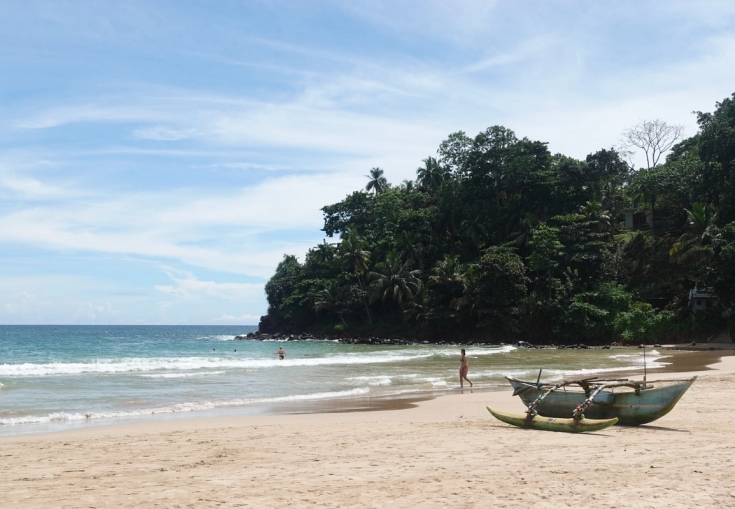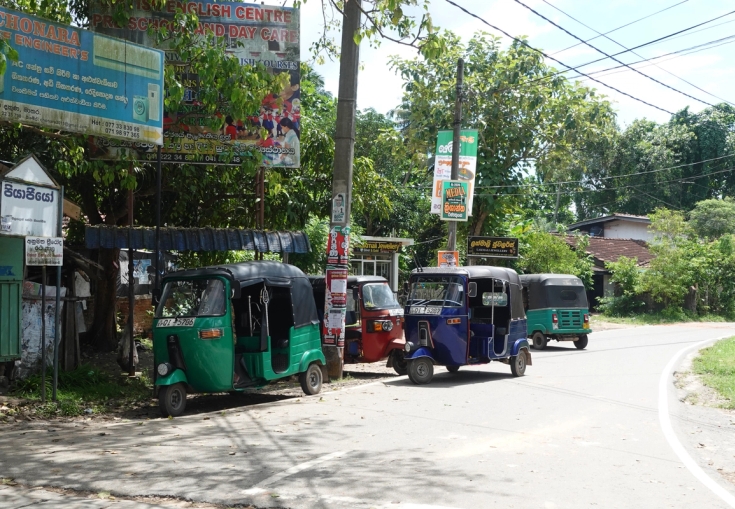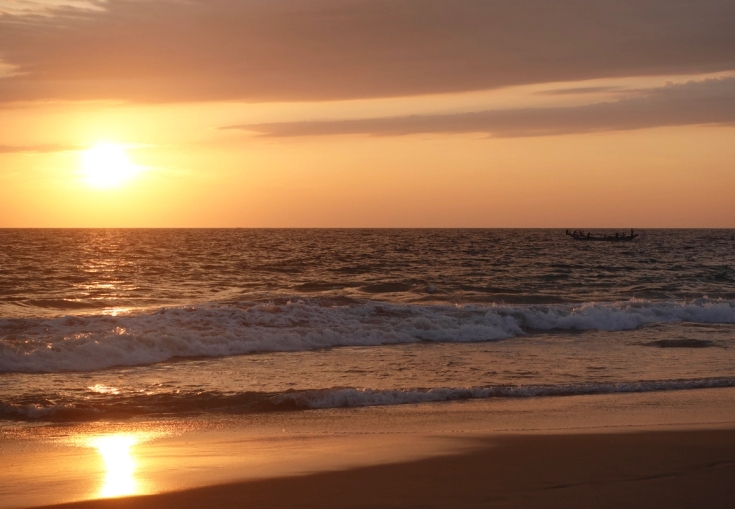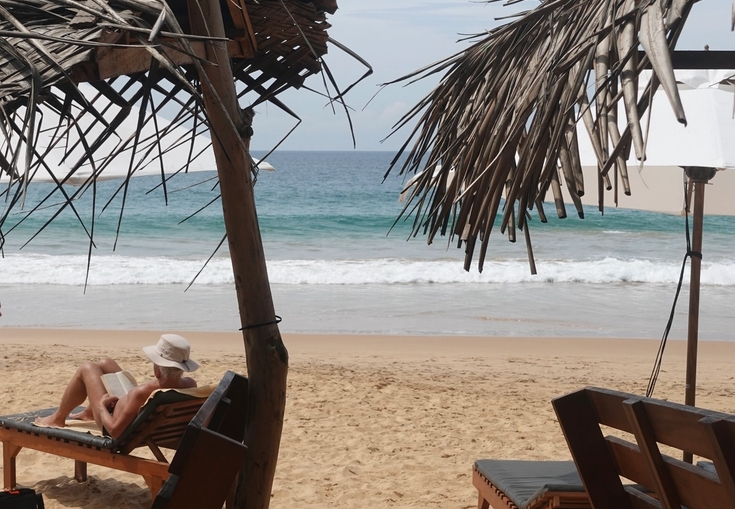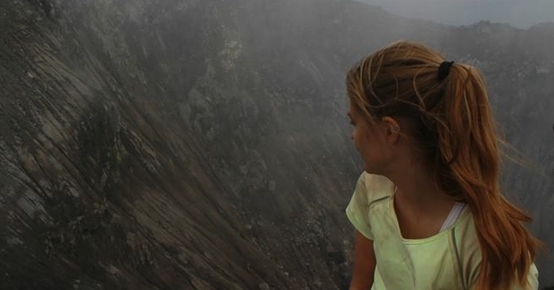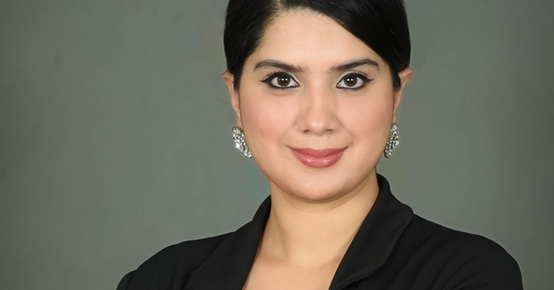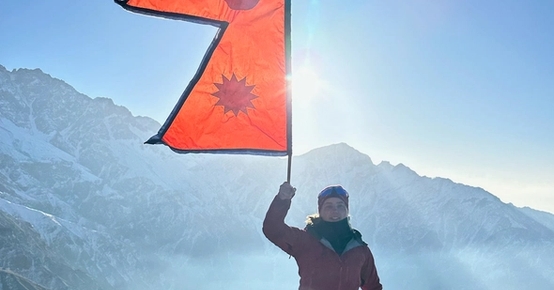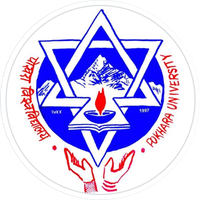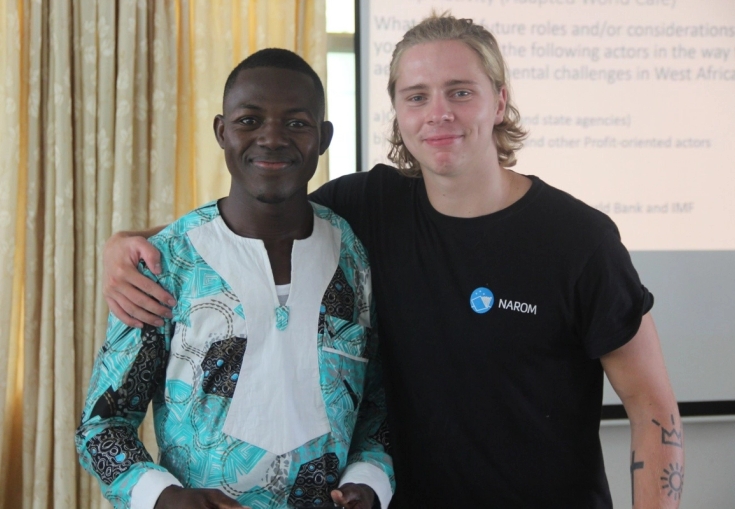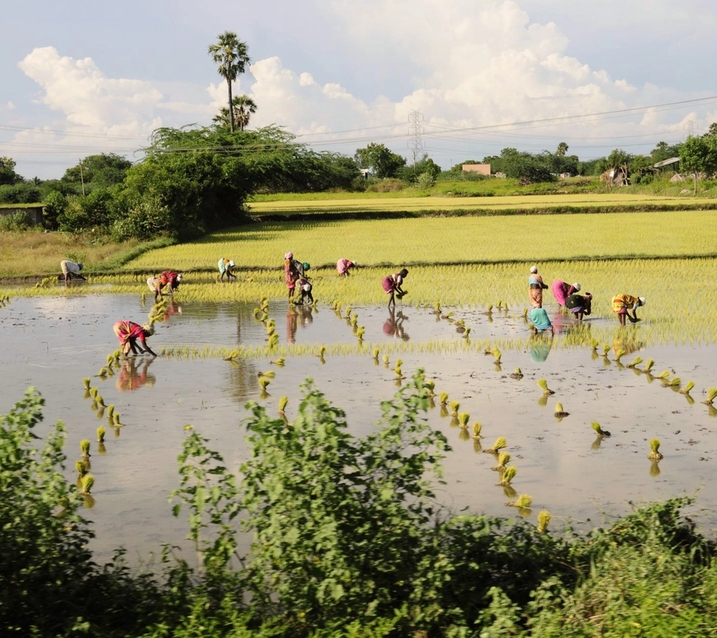
Peace and Conflict Studies
In collaboration with OsloMet
Forthcoming semesters:
What causes conflicts to arise between individuals, ethnic groups, and nations? How can we rebuild society in the aftermath of war and conflict? These are complex questions that require interdisciplinary work. Peace and Conflict Studies engages in dialogue with, among other things, philosophy, psychology, law, and political science.

Practical details
- Application deadline:
- Rolling admission
- Forthcoming semesters:
- 8 September or 9 February
- Duration:
- 10 weeks in Nepal, 2 weeks in Sri Lanka
- Time and date:
- Choose: Autumn or spring
- Programme fee:
- 6300
- ECTS:
- 30 ECTS
- Included:
- Study programme, accommodation, lunch on teaching days
About the programme
After a devastating civil war ended in 2006, Nepal has established a new constitution and gradually rebuilt its society into what is today a stable and popular holiday destination. South Asia has been marked by several conflicts that you will learn about in your studies, such as the civil war in Sri Lanka and the Kashmir conflict.
In everyday life, you get the opportunity to get close to a community where the people you meet live with the consequences of war and conflict. After the ten weeks in Nepal, we invite the students to Sri Lanka to take their exams in beautiful and relevant surroundings.
Seminar leader Anna presents the programme
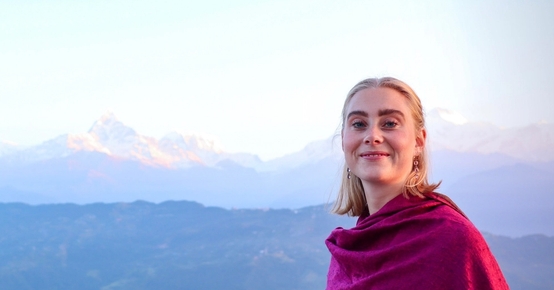
- Nepal and Sri Lanka
- Peace and Conflict Studies
- Inspiration
"Every day we experience and learn something new, both staff and students."
Why choose peace and conflict studies?
Learn about peace in two countries that have recently undergone civil war
Explore important issues from a non-Western perspective
Acquire valuable skills in a rapidly developing region
Combine theory and practice through exciting excursions
Semester overview
The programme is divided into three periods.
Peace and Conflict Studies
- 1
Self-study
The semester starts with a six-week self-study period. You familiarize yourself with the curriculum, and ultimately submit a short assignment. The goal is for you to come prepared to the teaching period. You can combine this period with work or travel.
- 2
Teaching period in Nepal
The ten-week teaching period in Nepal consists of lectures, seminars, excursions, and fieldwork. Renowned lecturers from around the world teach, and our dedicated seminar leaders organize the seminars. The final weeks are spent working on a group exam.
- 3
Take-home exam: Sri Lanka
You will be given an individual take-home exam. You have three weeks to complete it before the submission deadline. We invite all students to join us in Weligama, Sri Lanka for two weeks during this period.
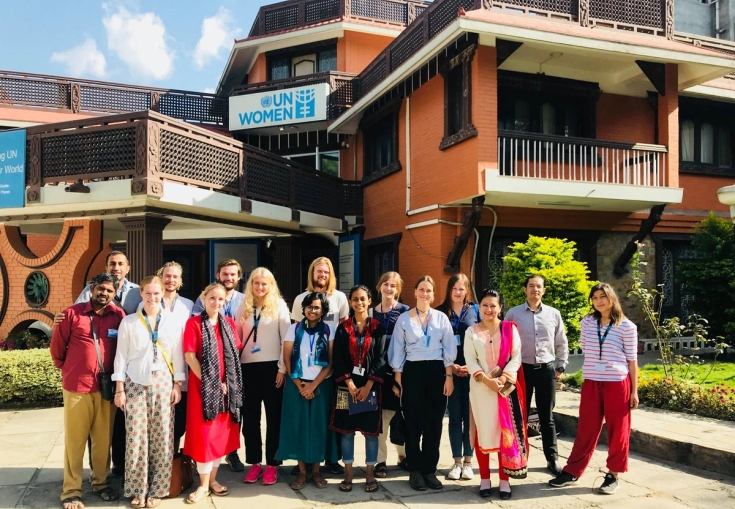
Scholarship opportunities
Are you a Nepali national and wish to take part in the Peace and Conflict Studies programme?
Each semester, we offer a select few local students the opportunity to take part in the course through our scholarship programme.
Take the exam in Sri Lanka
Sri Lanka offers an amazing history and culture as well as incredible natural experiences. This has contributed to a flourishing tourism industry after the civil war that raged from 1983 to 2009 came to an end.
The civil war had its roots in ethnic divisions between the Sinhalese majority and the Tamil minority. Sri Lanka's recent history makes it a highly relevant place to explore to learn more about ethnic tensions and post-war reconciliation.
With this backdrop, we invite the students to take their exams on the southwest coast of Sri Lanka, right by the UNESCO World Heritage Site of Galle.
Expand to a full academic year!
You can combine peace and conflict studies with our other study programs.
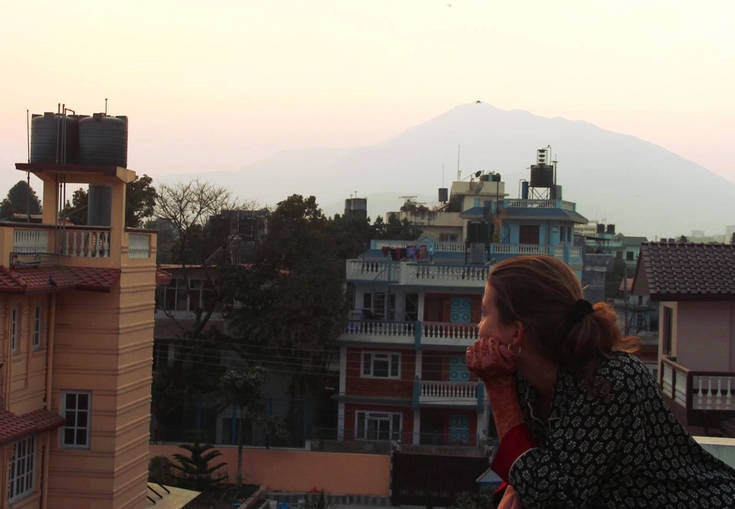
Further studies
You can apply to have the semester in Nepal credited towards a bachelor's degree.
Most social science and humanities bachelor's programs in Norway have between 30 and 60 elective credits or a semester set aside for exchange.
Contact the student advisor for your bachelor's program to find out how to apply for the accreditation of your credits in peace and conflict studies from OsloMet.
Your expertise in peace work, conflict management, Nepal, and South Asia will certainly be beneficial for you if you wish to work internationally in the future. Feel free to contact us to learn more about relevant career paths where your studies can be useful.

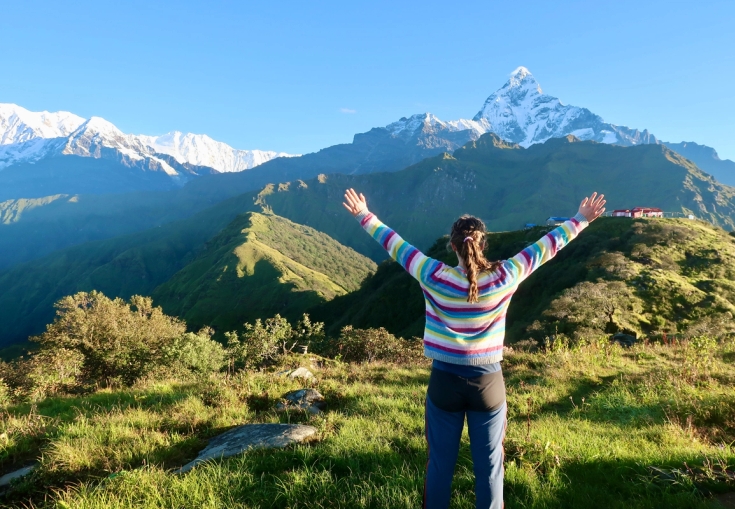
Career opportunities
By studying peace and conflict studies in a region where this theme is highly relevant, you gain international competence that is sought after in the job market, for example in tourism, aid, or education.
Since you get to experience the issues firsthand and get close to the daily life in the countries you study in, you are in a stronger position than students who have not studied abroad.
Perhaps you would like to become a journalist, a researcher, work in a non-profit organization, work at an embassy, or engage in research on peace work and conflict resolution?
Your expertise can also be useful in working with people, for example as a social worker, police officer, or teacher, where you will have to deal with minor and major conflicts between individuals or groups on a daily basis.
University partners
Meet the staff in Pokhara
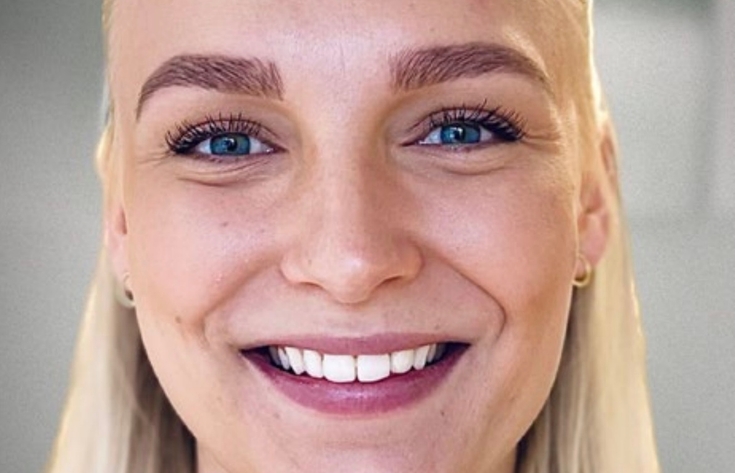
Oda Steen
Oda is our manager in Pokhara. Oda holds a bachelor’s in development studies from Oslo Metropolitan University, and is currently pursuing her master’s degree in law at the University of Oslo. During her bachelors, four semesters were conducted with Kulturstudier. She has worked with the UNDP and the World Bank and has completed exchange projects within Asia, the Middle East, and Africa with Rotary International.
Read more about
- 1
Fill out the application
To apply for the program, fill out the application form. It is completely non-binding.
- 2
Offer of admission
Assuming there are available spots, we will send you an offer for a study place. To secure your spot, you pay a deposit of 250 EUR.
- 3
Start of studies
Before the start of your studies, you will receive information from us about all practical and academic preparations. The remainder of the tuition fee is to be paid two weeks before the start of your studies.
